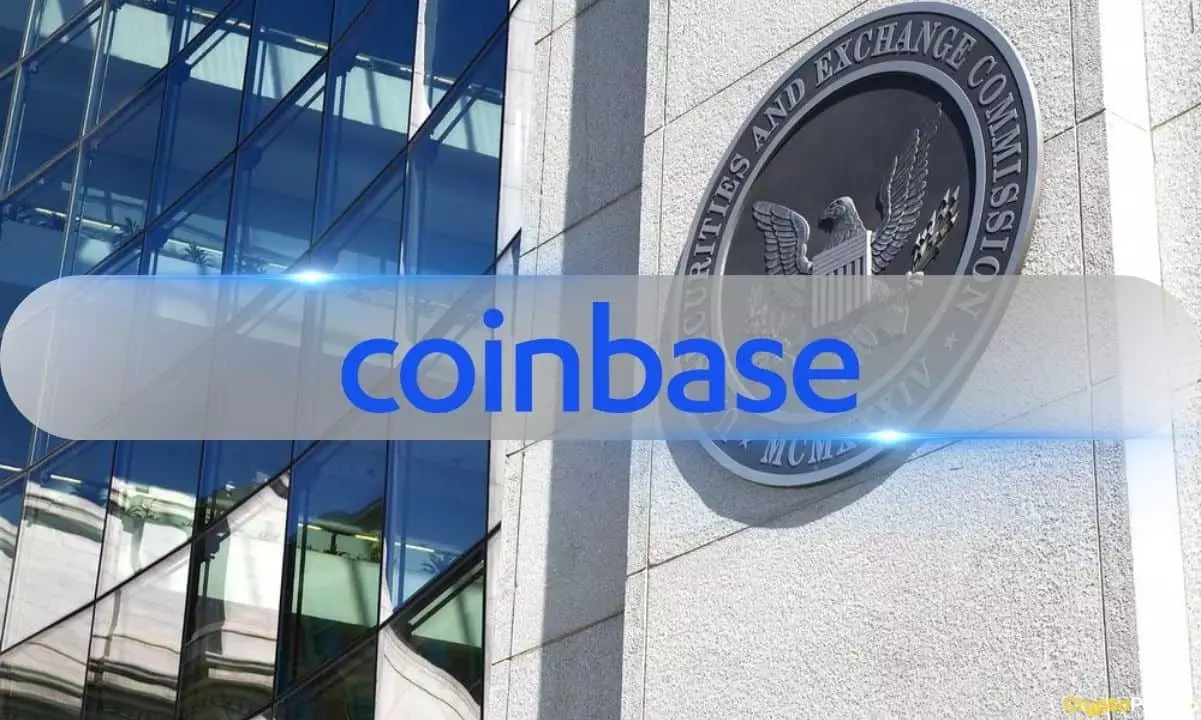Coinbase recently submitted a comment letter to the US Securities and Exchange Commission (SEC) pointing out significant flaws in the agency’s cost-benefit analysis of a proposed rule. The letter highlighted the failure of the SEC to properly assess the rule’s economic impact on key areas such as efficiency, competition, and capital formation.
Lack of Critical Information on DEX Operations
One of the key points raised in Coinbase’s letter was the lack of critical information on decentralized exchange (DEX) operations and compliance costs. Despite this acknowledged gap in knowledge, the SEC’s proposed benefits were deemed vague and potentially unattainable, especially if DEXs are forced out of the US market.
Coinbase’s chief legal officer, Paul Grewal, argued that the SEC should withdraw the proposal and conduct further research before revisiting it. The letter criticized the agency for not fulfilling its statutory obligations by failing to gather essential information on DEXs, demonstrating a lack of understanding of key operational aspects, and making baseless assumptions about non-DEX entities.
The letter also pointed out that the SEC’s current approach is arbitrary and irrational when it comes to assessing the unique nature of DEXs. The proposed changes, with their ambiguous classification of digital assets as securities, only serve to create more uncertainty for industry stakeholders and the legal system.
Unfair Advantage for Larger Entities
Furthermore, Coinbase raised concerns about the potential negative impact of the proposed rule on its services like the Base network and wallet offerings. By potentially driving smaller DEXs out of the market due to high compliance costs, the rule could inadvertently favor larger incumbents at the expense of competition and innovation.
The vague language used in the proposed rule adds another layer of compliance burden, raising questions about the validity of the SEC’s cost-benefit analysis. While the agency has previously acknowledged the assessment costs associated with such regulatory changes, it seems to have overlooked them in this instance, further casting doubt on the effectiveness of the proposed rule.















